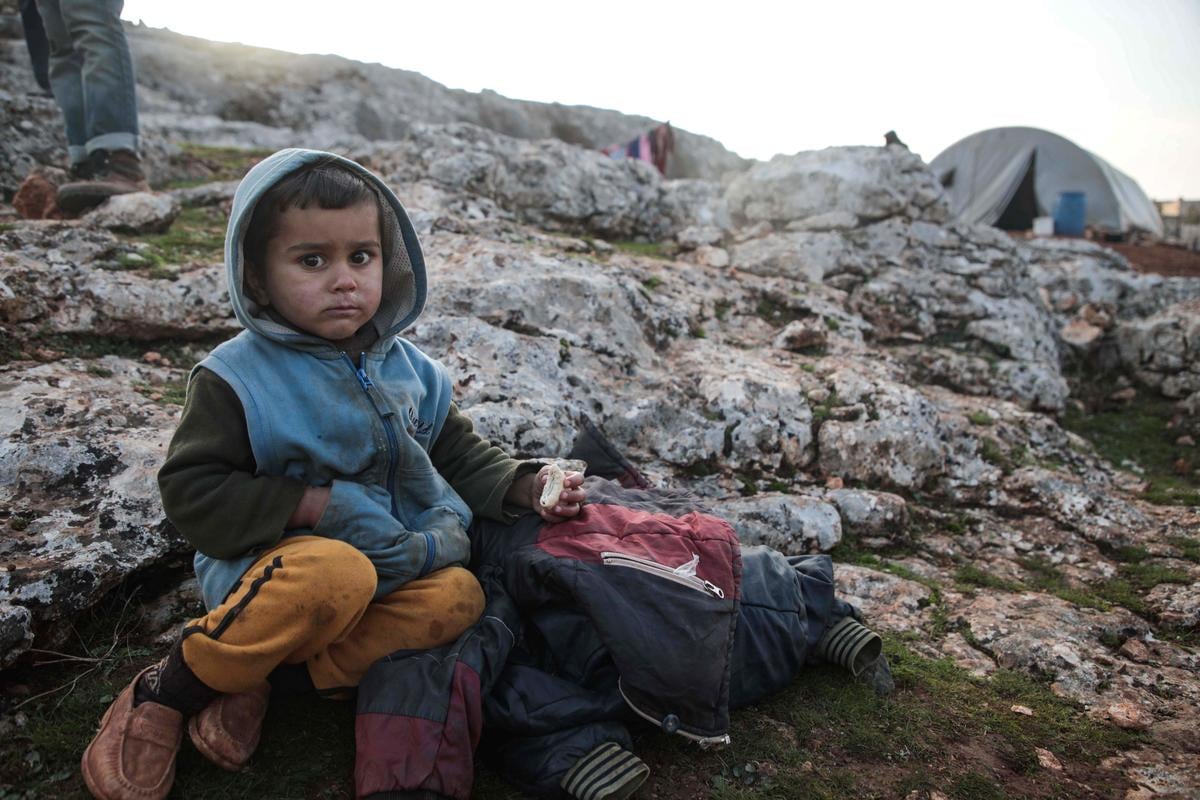Put people and peace first, progress will follow, says Ogata at Africa conference
Put people and peace first, progress will follow, says Ogata at Africa conference

TOKYO, Sept 30 (UNHCR) - Former UN High Commissioner for Refugees Sadako Ogata today urged African leaders to solve the continent's protracted conflicts before durable peace and socio-economic growth can be achieved.
Ogata, representing High Commissioner Ruud Lubbers, was speaking at an international conference on African development (TICAD III) in Tokyo. The three-day event, which started on Monday, marks the 10th anniversary of TICAD and was attended by heads of state and senior representatives from donor countries and international organisations.
"Peace is a prerequisite to development," she said. "Socio-economic progress cannot take place in a violent or conflict-ridden society."
She noted that while African countries like Angola and Sierra Leone have made significant progress in resolving protracted conflict situations in the last few years, there are still many ongoing intra-state conflicts that hinder socio-economic development in Africa.
Thousands of refugees and internally displaced persons (IDPs), mainly women and children, are unable to return home due to insecurity and the lack of peace. A people-centred approach to peace is important, stressed Ogata, explaining, "People must be protected against the arbitrary power of the state, through upholding civil and political rights, as well as socio-economic rights* Without assuring human security, peace and prosperity cannot endure very long."
She also appealed to African countries to work refugees into their national and regional development plans, which could lead to peaceful co-existence between uprooted communities and their local host. In this regard, she said, UNHCR has a critical role to play as the agency has developed years of expertise not just in assisting refugees in host countries but also in voluntary repatriation and reintegration when they are able to go home.
"The transition from war to peace is not easy to handle," noted the former High Commissioner. "Countries emerging from conflicts must be provided with the necessary resources to move from relief to development in a smooth and co-ordinated manner."
She cited UNHCR's Framework for Durable Solutions including the "4Rs" approach (involving repatriation, reintegration, rehabilitation and reconstruction) as a durable programme that brings relief organisations and development actors into partnership.
She also stressed the need for reconciliation and political dialogue among all war-affected communities: "The contribution of each and every citizen affected by the conflict is equally important. Be they refugees, internally displaced persons, former combatants, etc., the dialogue must be all-inclusive and dynamic."
She added, "Healing the wounds is a difficult, multifaceted process involving peacemaking, peacekeeping, demilitarisation, reconstruction, democratisation, and of course, refugee repatriation. Bridging these efforts has to be part of a coherent framework for helping war-torn societies to heal".
Ogata, who was at the helm of UNHCR for 10 years, was recently appointed the next President of the Japan International Cooperation Agency (JICA).









